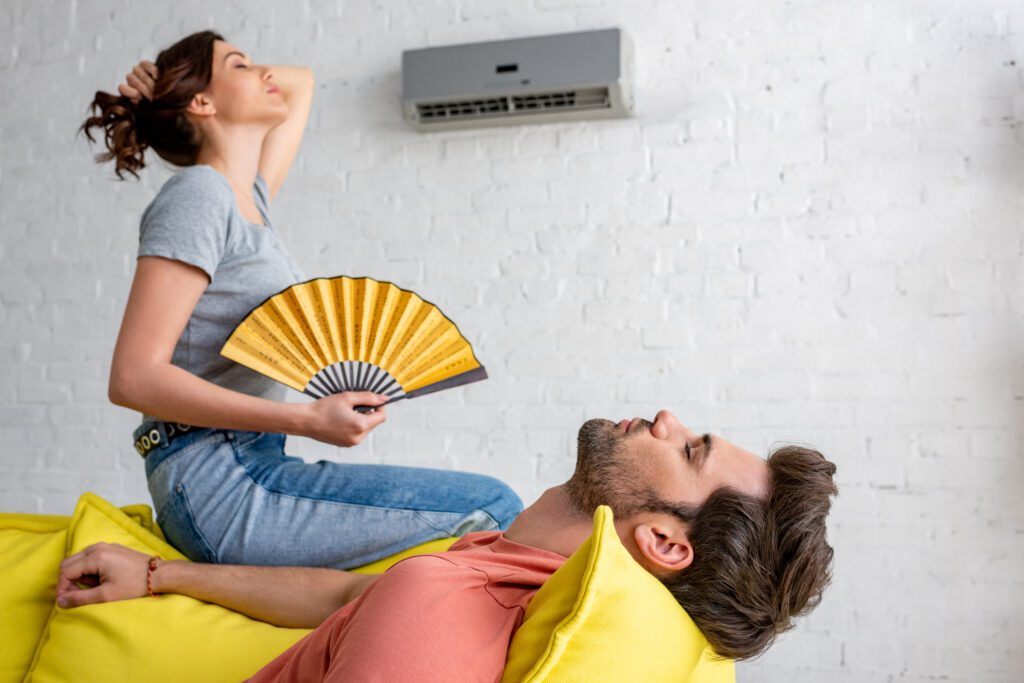Summer is here, and with it comes the need to keep our homes cool and comfortable. One of the key ways to beat the heat is by having an efficient and well-maintained air conditioning (AC) system. In this article, we will explore some top AC tips for summer to help you maximize your system’s performance, save energy, and stay cool, even on the hottest days.
Understanding Your Air Conditioning System
Before we dive into the tips, it’s important to have a basic understanding of how your AC system works. Your AC unit plays a crucial role in keeping your home cool during the summer months. It works by removing heat and humidity from the air inside your home and then redistributing cool air throughout the living space.
One fascinating aspect of air conditioning systems is the refrigerant cycle they operate on. The refrigerant absorbs heat from inside your home and releases it outside, allowing for the cooling process to take place efficiently. This cycle is essential for maintaining a comfortable temperature indoors.
The Role of Your AC Unit in Summer
During summer, your AC unit not only cools the air but also helps to dehumidify it. By removing excess moisture from the air, your AC improves the overall comfort level in your home.
Moreover, air conditioning systems play a vital role in maintaining indoor air quality. They help filter out dust, pollen, and other allergens, providing a healthier environment for you and your family. Regular maintenance of your AC unit, such as changing filters and cleaning coils, is crucial for ensuring optimal air quality.
Key Components of an AC System
An AC system consists of several key components, including the compressor, condenser coil, evaporator coil, and blower. The compressor and condenser coil are located in the outdoor unit, while the evaporator coil and blower are housed in the indoor unit. These components work together to remove heat from your home and keep it cool.
Understanding how each component functions can help you identify issues with your AC system. For example, if you notice reduced cooling performance, it could indicate a problem with the compressor or a refrigerant leak. Being aware of these components can empower you to troubleshoot minor problems or communicate effectively with HVAC professionals when seeking repairs.
Maximizing AC Efficiency
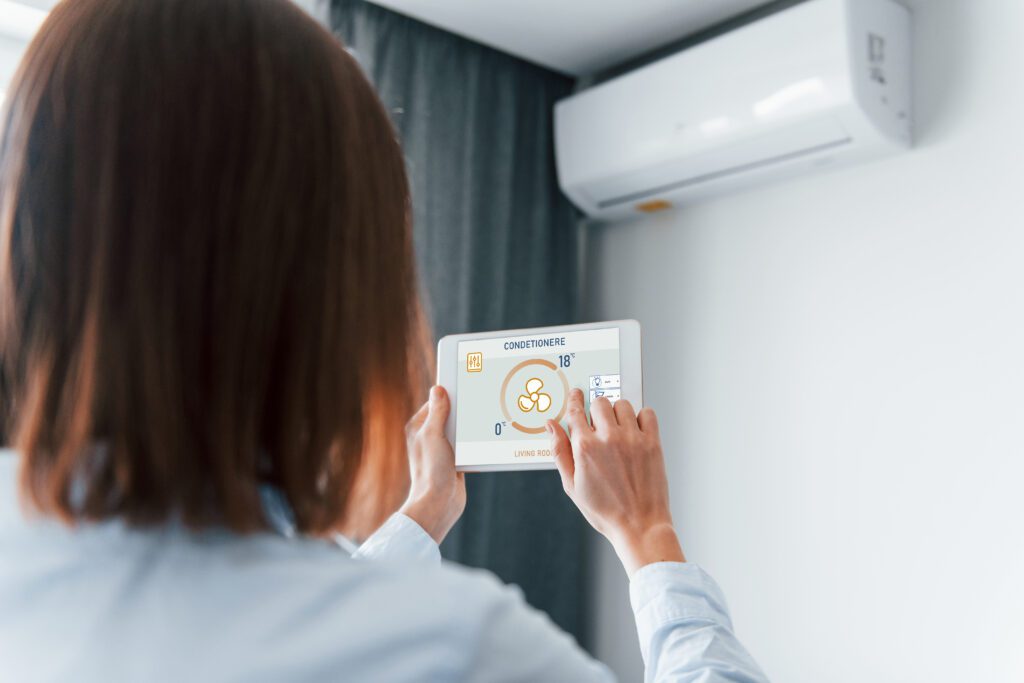
To ensure that your AC system operates at its best, there are a few steps you can take. Let’s explore them below.
Optimal Temperature Settings
Setting your thermostat to the optimal temperature is essential for maximizing AC efficiency. The ideal temperature for most homes during summer is between 72°F and 78°F. Keeping your thermostat within this range can help balance your comfort and energy usage.
Moreover, consider using a programmable thermostat to adjust the temperature based on your schedule. Programming your AC to run less when you’re not at home can lead to significant energy savings. Additionally, closing blinds or curtains during the hottest parts of the day can help maintain a cooler indoor temperature without overworking your AC system.
Importance of Regular Maintenance
Regular maintenance is crucial to keep your AC system performing effectively. It is recommended to have your unit inspected and serviced by a professional at least once per year. Routine maintenance, such as cleaning or replacing filters, checking refrigerant levels, and cleaning the condenser coils, can significantly improve the efficiency of your system.
Furthermore, pay attention to the outdoor unit of your AC system. Ensure that the area around it is clear of debris, vegetation, or any obstructions that can hinder airflow. Proper airflow is essential for the system to function efficiently. You can also consider planting shrubs or installing a shade screen around the unit to provide some protection from the sun, especially during the peak heat hours of the day.
Energy Saving Tips
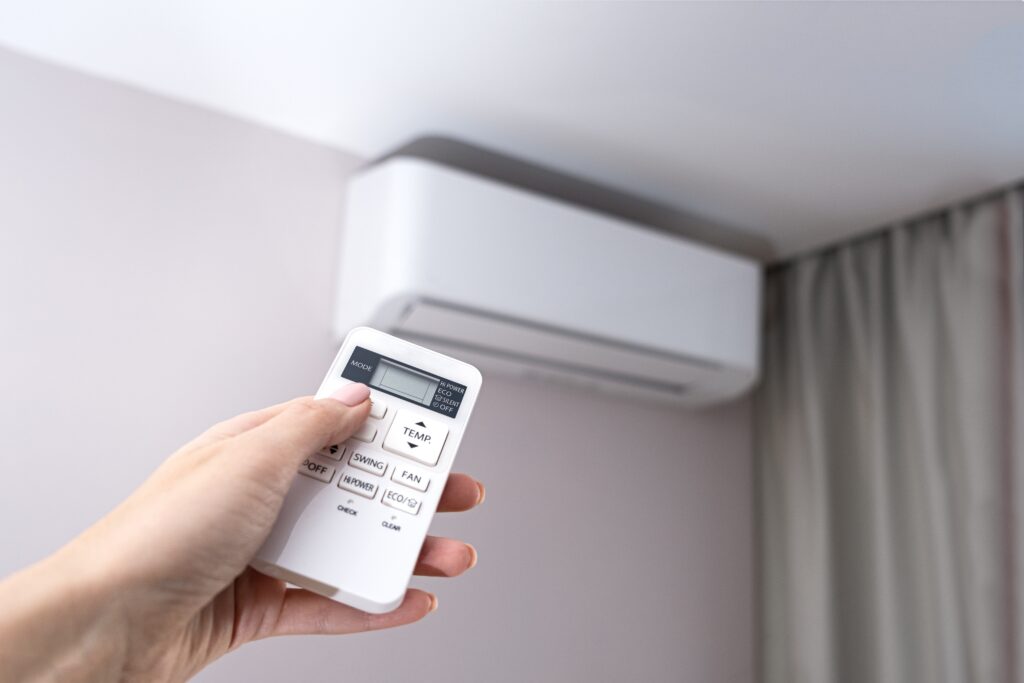
During summer, when AC usage tends to be high, energy-saving strategies can make a significant difference in your utility bills. Let’s explore a couple of energy-saving tips.
As the temperatures rise during the scorching summer months, finding ways to keep your home cool without breaking the bank becomes crucial. Implementing energy-saving techniques not only helps in reducing your carbon footprint but also contributes to lower electricity bills, benefiting both your wallet and the environment.
Utilizing Programmable Thermostats
Investing in a programmable thermostat allows you to set different temperature levels based on your schedule. By programming your thermostat to increase the temperature when you’re away from home or sleeping, you can save energy and reduce cooling costs.
Programmable thermostats offer a convenient way to customize your home’s temperature settings, ensuring optimal comfort while maximizing energy efficiency. With the ability to create specific cooling schedules tailored to your lifestyle, you can enjoy a cool and comfortable home without unnecessary energy wastage.
The Impact of Insulation on AC Performance
Proper insulation plays a vital role in keeping your home cool. Insulating your walls, attic, and windows can help reduce heat transfer, making it easier for your AC system to maintain a comfortable indoor temperature. Consider adding insulation or upgrading your existing insulation for maximum energy efficiency.
Insulation acts as a barrier against the outdoor heat, preventing it from seeping into your home and forcing your air conditioner to work harder. By ensuring that your home is properly insulated, you not only enhance the performance of your AC system but also create a more sustainable and energy-efficient living environment for you and your family.
Common AC Problems and Solutions
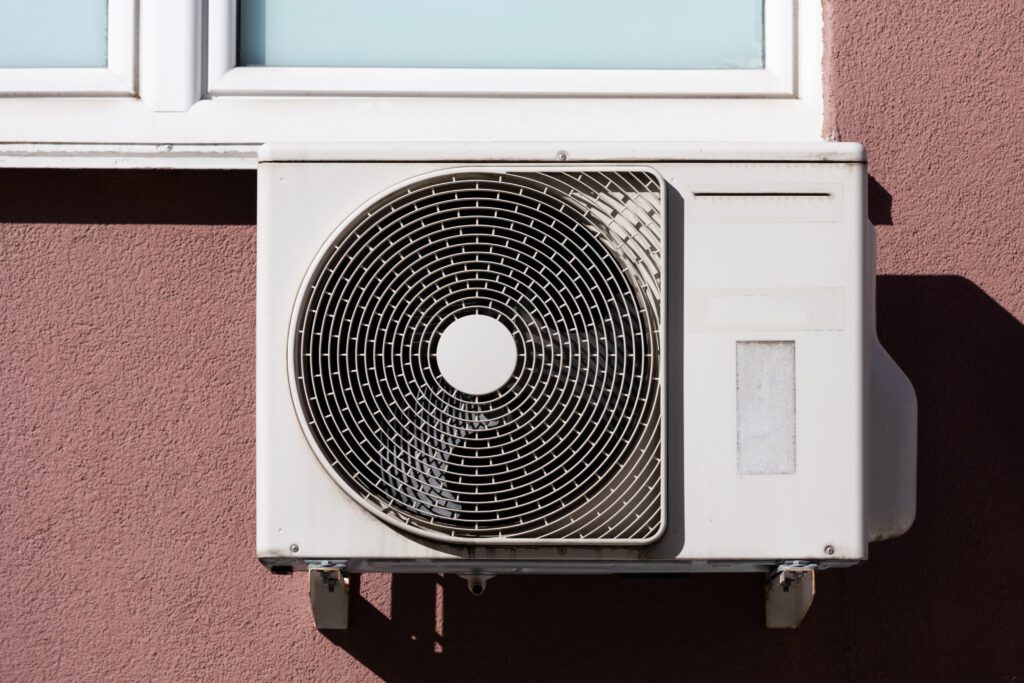
Even with regular maintenance, AC systems can develop common issues. Let’s take a look at a couple of these issues and their potential solutions.
When it comes to the performance of your air conditioning system, understanding common problems and their solutions can help you stay cool and comfortable throughout the year. Let’s delve deeper into a few more issues that can affect your AC unit.
Dealing with AC Leaks
One common problem is refrigerant leaks. If you notice that your AC system is not cooling as it should or if you spot refrigerant leaks, it’s important to address the issue promptly. Contact a professional technician who can locate and repair the leak, ensuring that your system operates efficiently.
Refrigerant leaks not only impact the cooling efficiency of your AC but can also be harmful to the environment. It’s crucial to address these leaks promptly to prevent further damage to your system and to comply with environmental regulations.
Overcoming AC Overheating Issues
AC units can sometimes overheat, leading to system shutdowns and reduced cooling capabilities. Overheating can be caused by factors such as dirty condenser coils, blocked airflow, or electrical issues. Regular maintenance and cleaning of the condenser coils can help prevent overheating and ensure efficient operation.
Additionally, ensuring proper ventilation around your outdoor unit can also help prevent overheating. Trim any vegetation or remove debris that may be blocking airflow to the unit, allowing it to function optimally and cool your space effectively.
Choosing the Right AC Unit for Summer
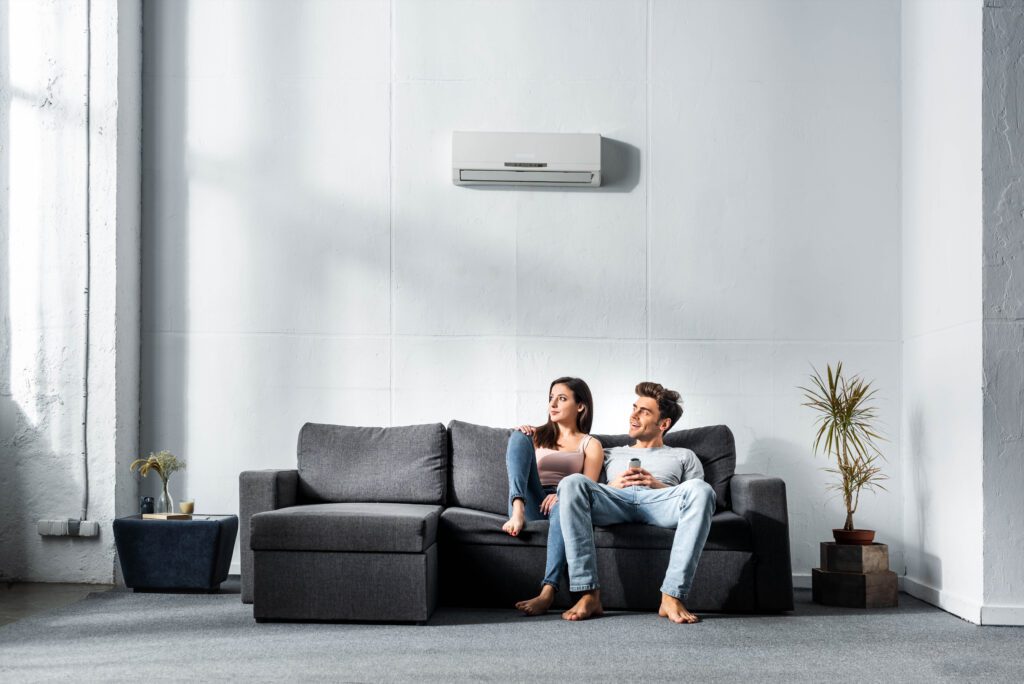
When it comes to choosing the right AC unit for summer, there are a few factors to consider. Let’s discuss them below.
Summer is a time when the heat can become unbearable, making it essential to have an efficient air conditioning system in place. The key is to find a balance between cooling power and energy efficiency to keep your home comfortable without breaking the bank.
Deciding Between Central and Window AC Units
Central AC systems are the most common choice for cooling larger homes or multiple rooms. These systems use ductwork to distribute cool air throughout the house, providing consistent and even cooling. On the other hand, window AC units are suitable for cooling small spaces or individual rooms, offering a more targeted cooling solution. Assess your cooling needs and the layout of your home to determine which type of AC unit is the best fit for you.
It’s important to consider the installation process as well. Central AC systems require professional installation and may involve ductwork modifications, while window AC units can be easily installed by homeowners without the need for extensive setup.
Understanding BTU Ratings and What They Mean for Cooling
BTU (British Thermal Unit) is a measurement of cooling capacity. Higher BTU ratings indicate higher cooling power, which is crucial for effectively cooling larger spaces. When selecting an AC unit, consider the size of the space you need to cool and choose a unit with an appropriate BTU rating. A unit with too low of a BTU may struggle to cool your space, leading to inefficiency and increased energy consumption. Conversely, a unit with too high of a BTU may cool the space quickly but could result in higher energy costs.
Another factor to consider is the energy efficiency ratio (EER) of the AC unit, which indicates how efficiently the unit converts electricity into cooling power. Opting for an AC unit with a higher EER can help you save on energy costs in the long run while keeping your home cool and comfortable.
By following these top AC tips for summer, you can ensure that your AC system operates efficiently, keeps you cool, and saves energy. Remember to schedule regular maintenance, adjust your thermostat settings, and consider implementing energy-saving strategies to enjoy a comfortable and cost-effective summer.

